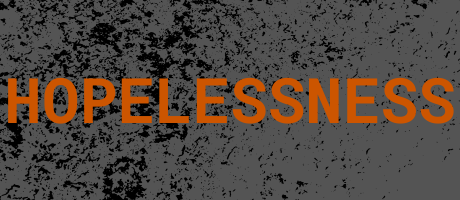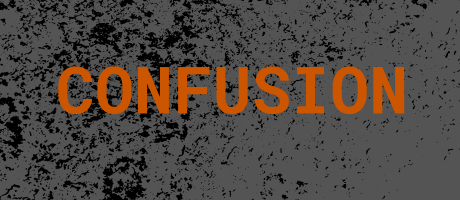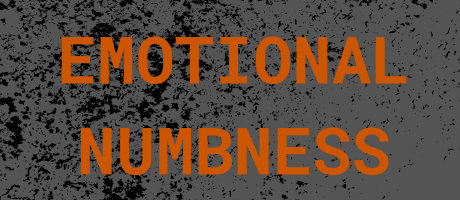Hopelessness isn’t always loud. Sometimes it sounds like “whatever,” “I’m fine,” or “what’s the point?” It creeps in after months — or years — of trying and getting nowhere. Of getting hurt and staying silent. Of waking up and wondering why you even bothered. And when you’ve been through abuse, hopelessness starts to feel like the truth. But it’s not. It’s just a side effect of being stuck too long in something that’s not your fault.

1. What Hopelessness Feels Like (Symptoms)
- Thinking “what’s the point?” about everything
- Feeling like nothing will change, no matter what you do
- Constant fatigue or emotional shutdown
- Imagining escape, not to something, but from everything
- Feeling invisible, stuck, or like your life is over before it started
2. How Hopelessness Affects You
Hopelessness makes you stop trying. You stop reaching out. Stop taking care of yourself. You might stop planning for the future or avoid even thinking about it. It can lead to reckless behavior, or no behavior at all. It’s not laziness. It’s despair. And it turns survival into suffering.
3. Where Hopelessness Comes From
When you’ve been ignored, hurt, or stuck in the same pain for too long, your brain adapts by assuming that change is impossible. Abusers reinforce this — telling you “you’ll never make it,” “you’ll be nothing without me,” or “no one else will care.” After enough repetition, those lies start to feel real. Hopelessness isn’t a lack of strength, it’s what happens when strong people run out of options.
4. What You Can Do About Hopelessness
- Challenge the narrative. Ask: “Is this true — or just what I’ve been told?”
- Start small. Make one decision today that helps you — not hurts you.
- Talk to someone who won’t try to “fix” you. You don’t need advice. You need connection.
- Find a win… even a tiny one. Did you get out of bed? Eat something? That counts.
- Visualize a future. It doesn’t have to be perfect, just possible.
5. What NOT to Do About Hopelessness
- Don’t isolate and marinate in the darkness, it will lie to you.
- Don’t shame yourself for struggling, hopelessness feeds on guilt.
- Don’t compare your life to others. You’re fighting a battle they can’t see.
6. Why You Need to Face Hopelessness
Hopelessness unchecked can lead to depression, addiction, or suicidal thoughts. It stops you from asking for help, taking action, or believing anything can change. But once you face it — even just a little — you crack the door open to possibility. And that’s all hope needs: a sliver of light.
7. When to Ask for Help With Hopelessness
If you’ve stopped planning for tomorrow…
If the best part of your day is when it’s over…
If you’ve thought, even casually, about “not being here anymore”…
Stop carrying that alone.
Call someone. A therapist. A hotline. A friend. Doesn’t matter who, just don’t sit in silence.
And if you need a reason, here’s one: because you’ve made it this far. And that deserves a next chapter.
(Also, if you find yourself googling “how to disappear without a trace”… that’s your sign to call someone who gives a damn.)
Brother’s Note
Hopelessness is loud, but it’s not telling you the truth.
You don’t need a 10-year plan. You just need to make it through today.
One breath. One step. One choice to stay in the fight.
You’ve already made it through hell. That means you’re stronger than it. Let’s keep going.



